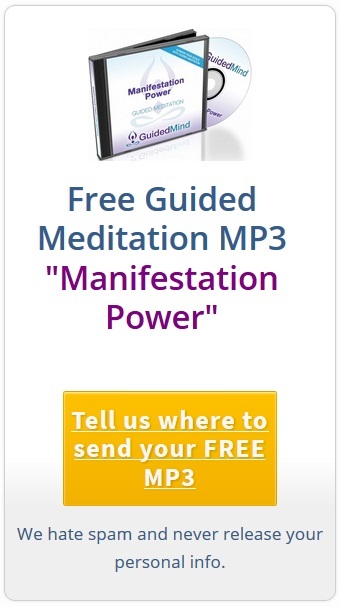There are many good reasons to keep a journal. Journaling is a great way to relieve stress and to address emotional issues. It can aid healing, and it can help you to process your feelings. It's a creative outlet and it's a great way to record memories and experiences.
You might feel unsure about how to begin journaling the right way.There is no right way really. Nevertheless, here are some useful pointers to help you get started.

How to Start Journaling Today.
1. Choose the right medium.

There are a range of options, from:
- A simple notebook.
- Leather-bound diaries.
- To mobile apps and personal blogs or websites.
Whichever option you choose, remember that it is going to be your private space to record memories, feelings, triumphs and even secrets.
You should choose a medium for journaling that will allow you to comfortably lay down your thoughts, uninhibited and safe in the knowledge that your words are private and secure.
2. Choose the right time and place.
Set aside quiet, private time to write.
The process should start with silent contemplation of what you would like to write about.
Write in an environment that encourages a free flow of ideas. A place that makes you comfortable, relaxed and at peace is ideal.
The time that you choose doesn't need to be set in stone. It is beneficial to allocate a specific time during the day or week to process your thoughts and ideas and to record them. Most common times to journal are during the mornings when you wake up, or just before you go to bed.
Stick to your chosen time because keeping a routine makes it a part of your daily life.
3. How long should my entries be and how much should I journal?

Your writing is an opportunity for reflection, contemplation and output.
Take as long as you need to make what you write meaningful - whatever it means to you.
Journaling is not a laborious chore and it should never feel like something you need to eliminate from your to-do list for the day
.
The length of your enties doesn't matter - it should have a purpose, meaning and value both for you today - as a means to unburden your mind - and for the future you who will better understand where he's comming from by reading old journal enteries.
That means that you could easily write just a few quick sentences about something that's fresh on your mind or a longer narrative of the day's events.
4. Which writing technique to use.
The most popular writing technique is the simplest - sitting down and writing without focusing on time or form.
But if you'd like to try something different, there are other techniques you could try. Here are some popular ones:
- Clustering - A central idea or word will give birth to further ideas and feelings in the form of a mind map. Write quickly, allowing your thoughts to flow naturally. You may want to reflect on the results afterwards and re-read your conclusions.
- Alpha poems - Write the letters of the alphabet or of a word in a column and compose a poem where each line begins with those letters.
- Sentence stems - Insert words or ideas into an incomplete sentence. For example, "When I woke up this morning, I felt _____"
- Dialogues - Create a conversation between you and a second source. It could be a person, an organization, your God, or even a part of you that is causing you pain. Dialogues help you to see different perspectives, and they reveal answers that you hold in your unconscious mind.
- Captured moments - Describe a moment in your life in as much detail as possible, painting a vivid picture around the senses and emotions that you felt.
5. Style.

- Write in a way that you enjoy!
- Focus on expressing your thoughts, ideas and emotions.
- Don't get distracted with grammar and spelling.
And don't think that it's only words that you need write down. Add anything to your journal - drawings, doodles, collages, photos and even your bus ticket from a pleasant journey!
Make your journal meaningful for you and not for others.
You benefit when you add words to your diary, but there are also positive effects when you go back to review your old entries. It's a good habit to date each entry, and some people add a location too. The mind is forgetful.
When you read your diary, you'll have a better perception of time and context.
It takes effort and dedication to keep a journal. Many people abandon the practice due to time constraints or a lack of motivation.
Keep it simple and don't feel intimidated about expressing yourself on paper or through whatever other options you choose.
A journal is a treasure. Value it and protect it, and be open to the joy, creativity and healing power that journaling can bring.

